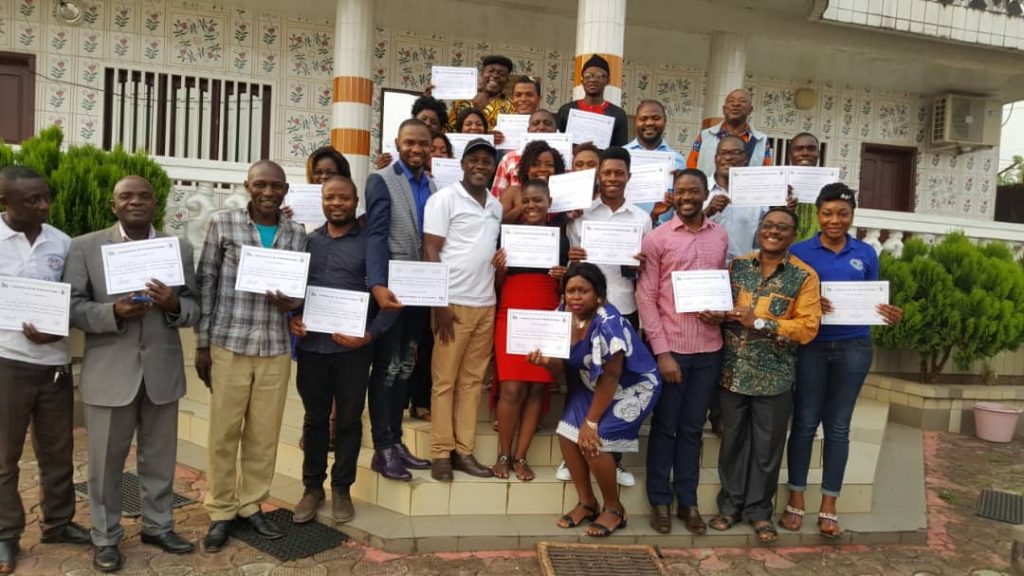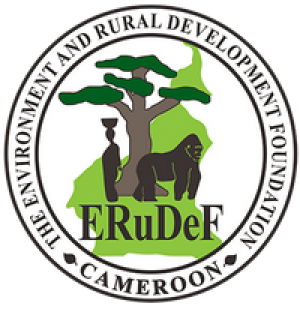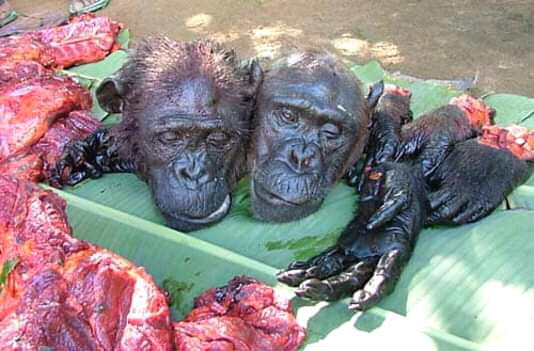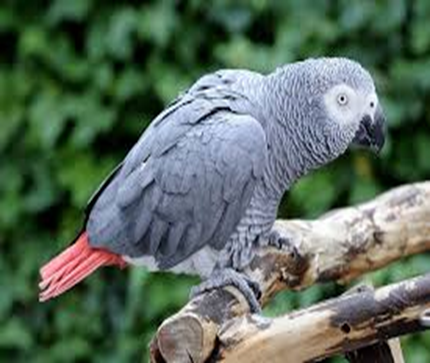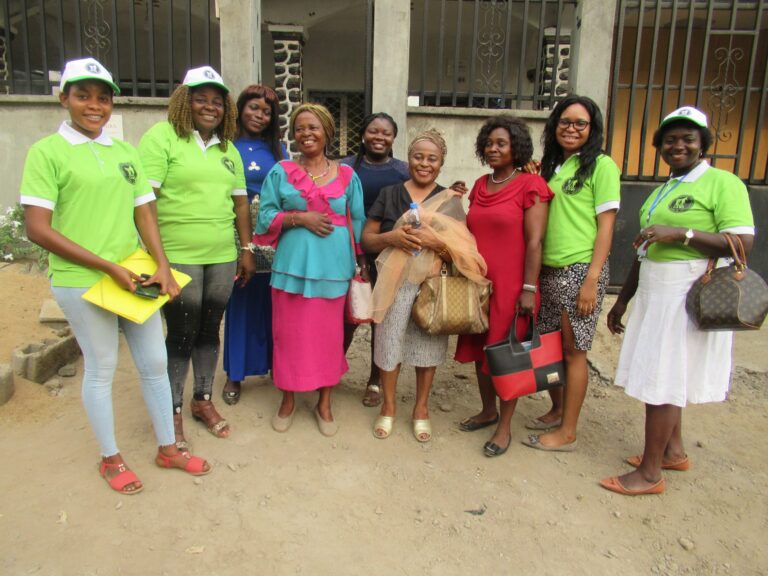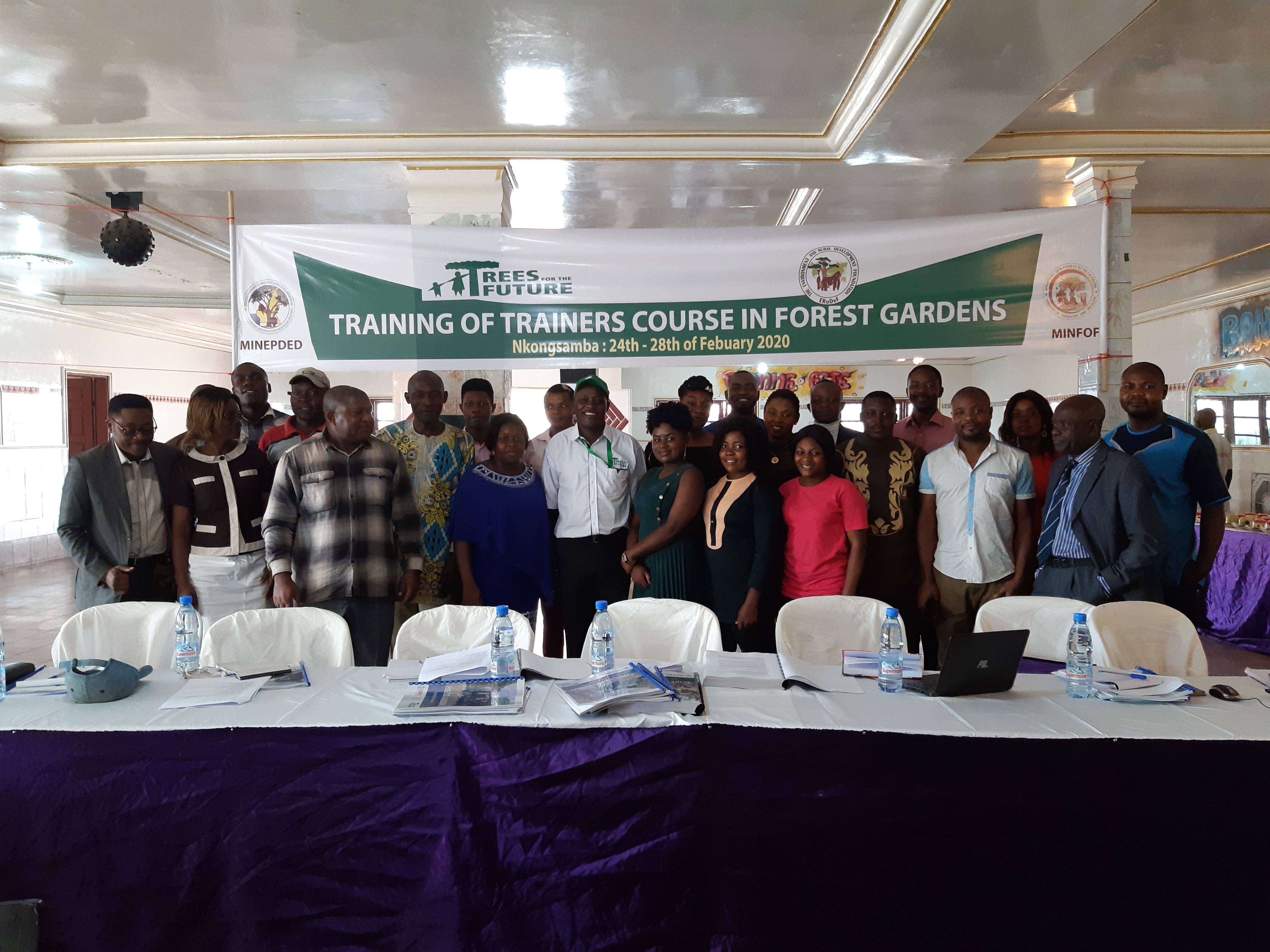
Forest garden is a multi-layered, integrated agricultural system, that combines diverse plants and animals into one area to sustainably produce a variety of products and environmental services. It is a system designed to resemble a forest ecosystem, which is one of the most productive systems on Earth. Forest gardens maximizes the use of both horizontal and vertical space, and can be tailored to nearly all agro ecological zones. Forest garden system incorporates a wide variety of edible plants along with those that provide both timber and non-timber forest products. This design maximizes beneficial interactions and minimizes negative effects on each other.
The training which took place in Nkongsamba aims at equipping field technicians with the necessary skills and techniques on forest gardening. The technicians will in return train local farmers in their respective communities to develop their own forest gardens.
Overseeing the workshop was the Trees for the Future trainer for East Africa, Peter Kingori, and Louis Nkembi, CEO/President of ERuDeF who also doubles as the Country Director of Trees for the Future Program Cameroon.
During the training, participants were taught on the facilitation techniques and skills needed to aid mobilize, sensitize and inculcate the forest garden concepts to the farmers. A total of 27 participants made up of staff from ERuDeF, and other CSOs such as Adi Agro Development Cooperative Society with BOD (AADCOO-BOD),Operation Green Space(OGS), Global Hand amongst others were trained.
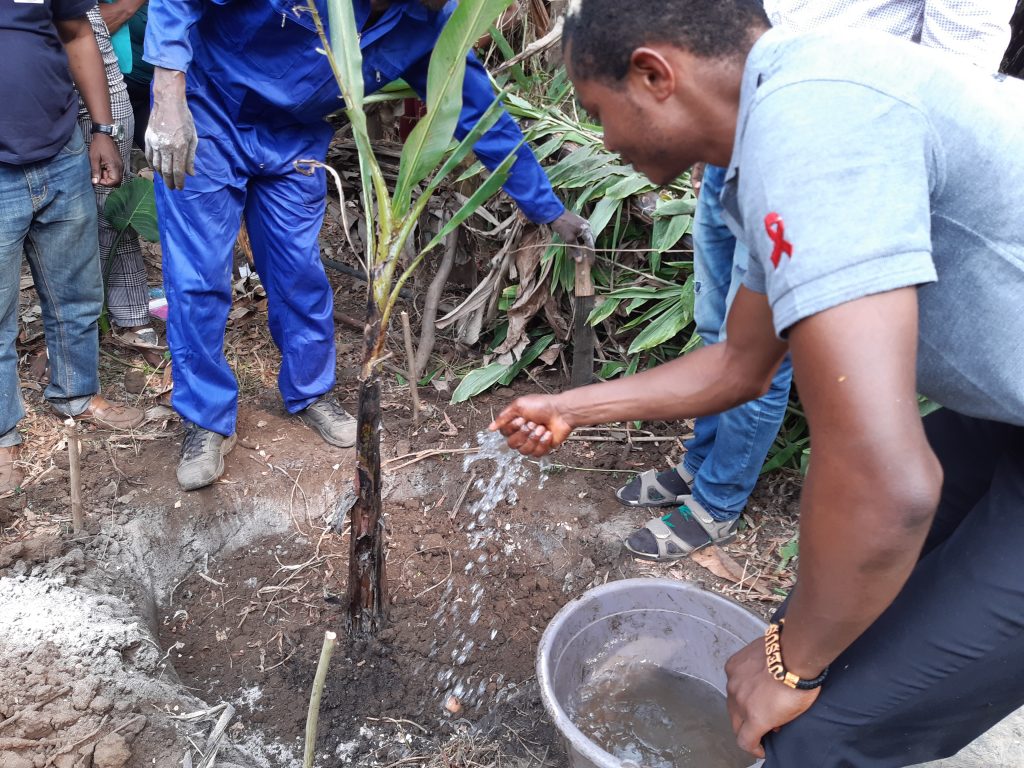
The training session was done in two phases, theoretical and practical. Training manuals and technical guide material were given to participants. The forest garden components/steps were extensively explained to the understanding of participants.
On the other hand a field visit to the Centre D’acceuil de Formation Jeunes pour le Development Durable Nkongsamba was carried out for practical demonstration to boost the participant’s knowledge of the concept through implementation. Activities such as nursery development, out planting, compositing, pruning, grafting and registration of farmers using the Taro works software was also carried out. The training ended with a take home message of innovation, collaboration, and effective communication as the watch word for a team success.
At the end of the training, participants were awarded certificates of participation.
